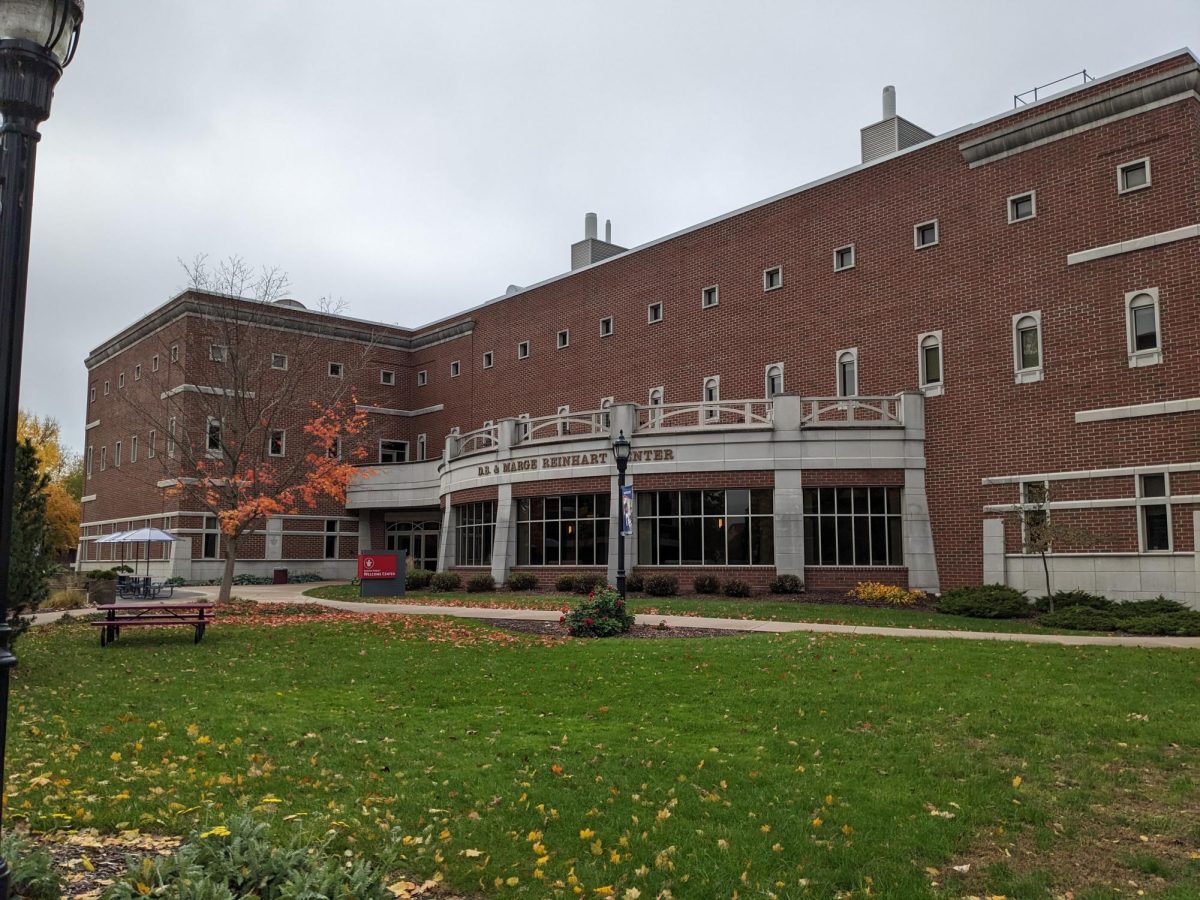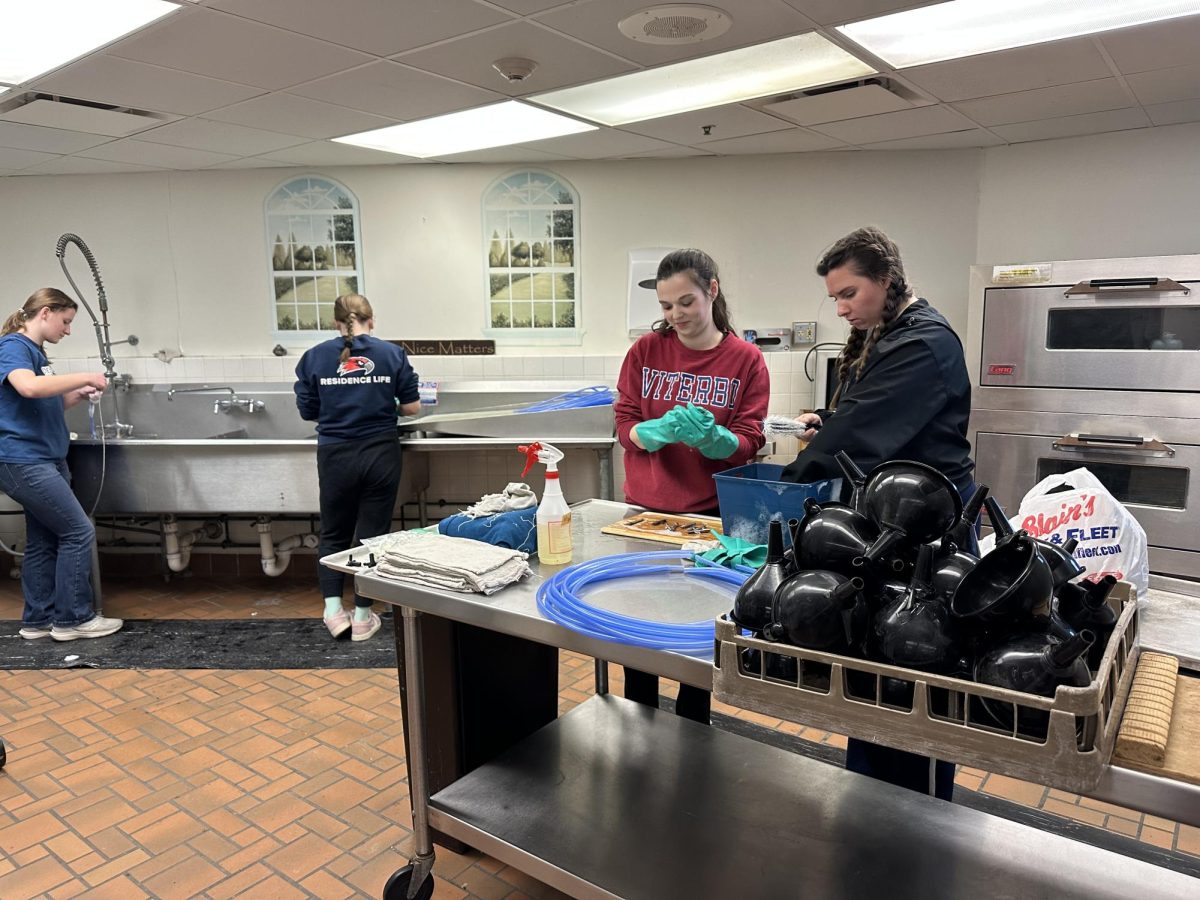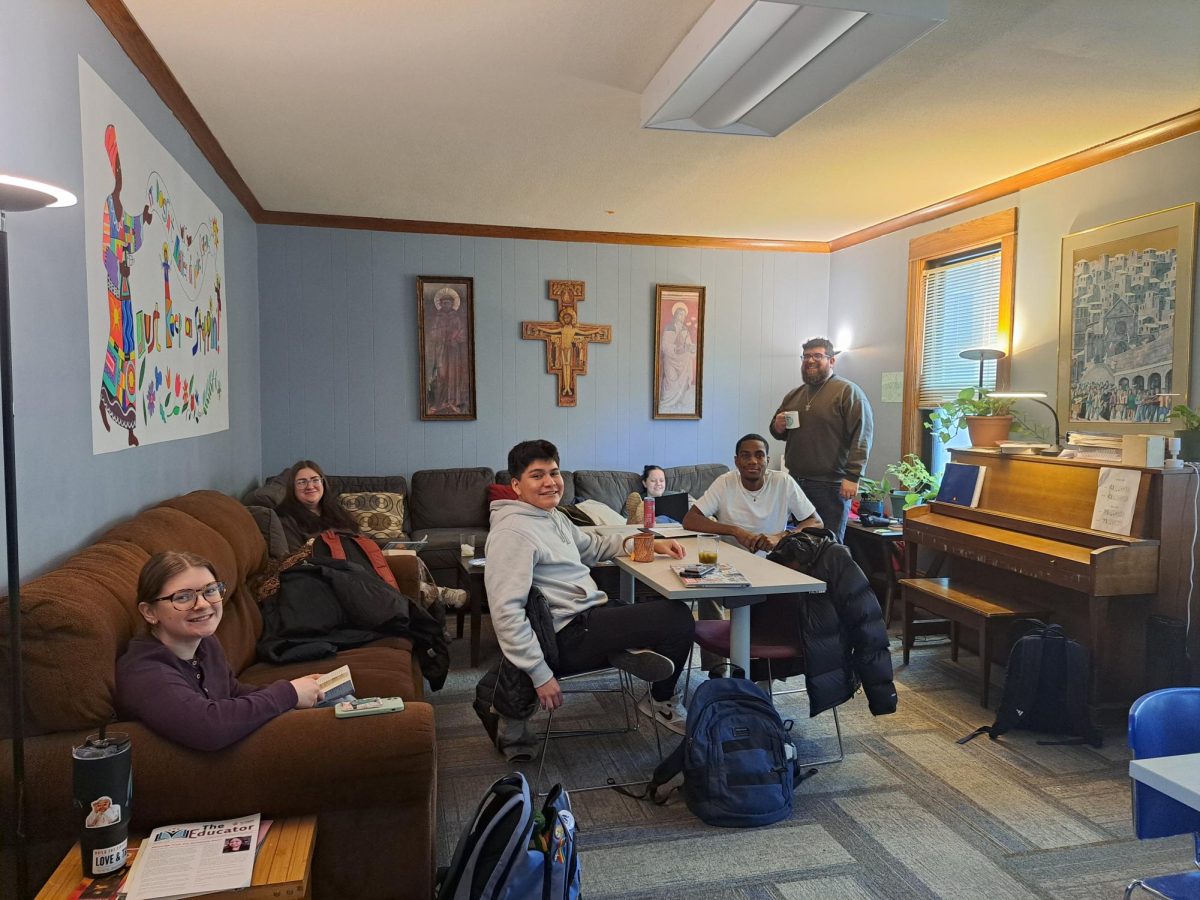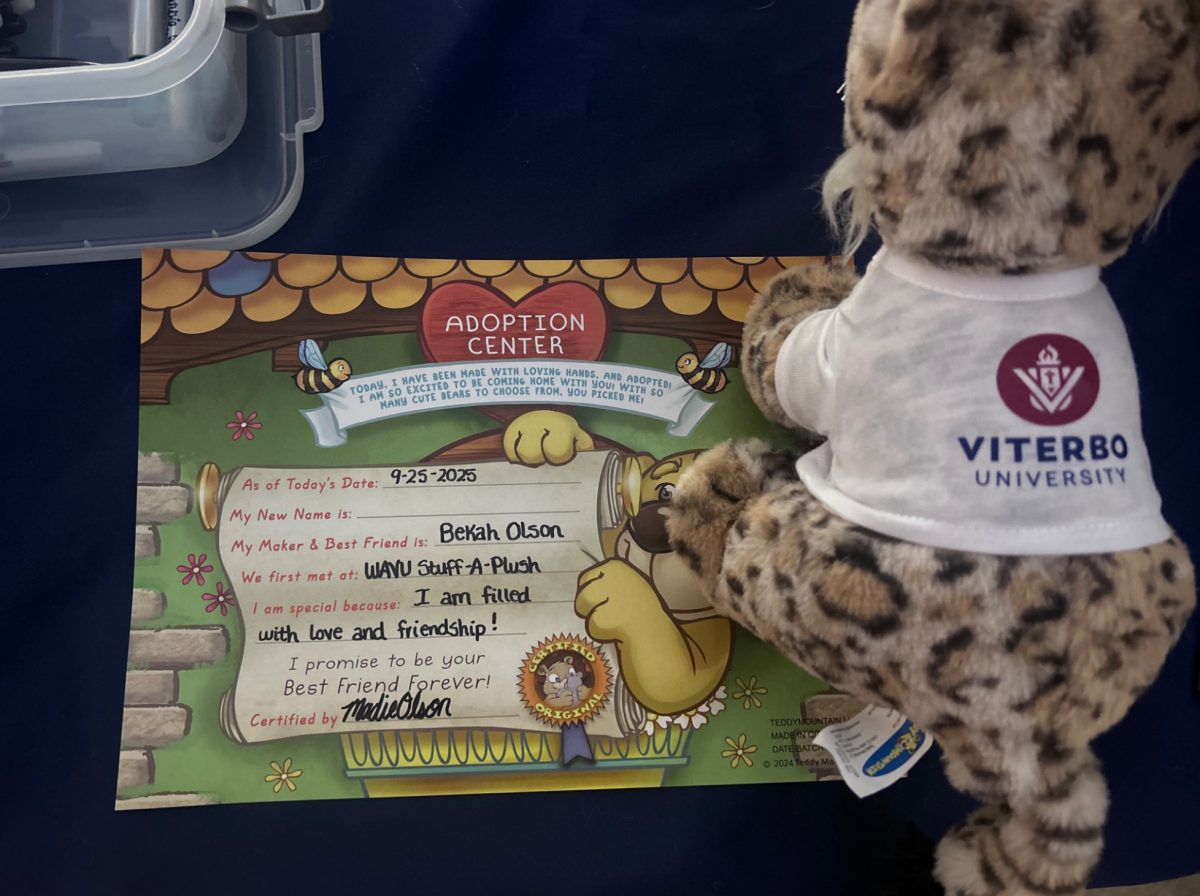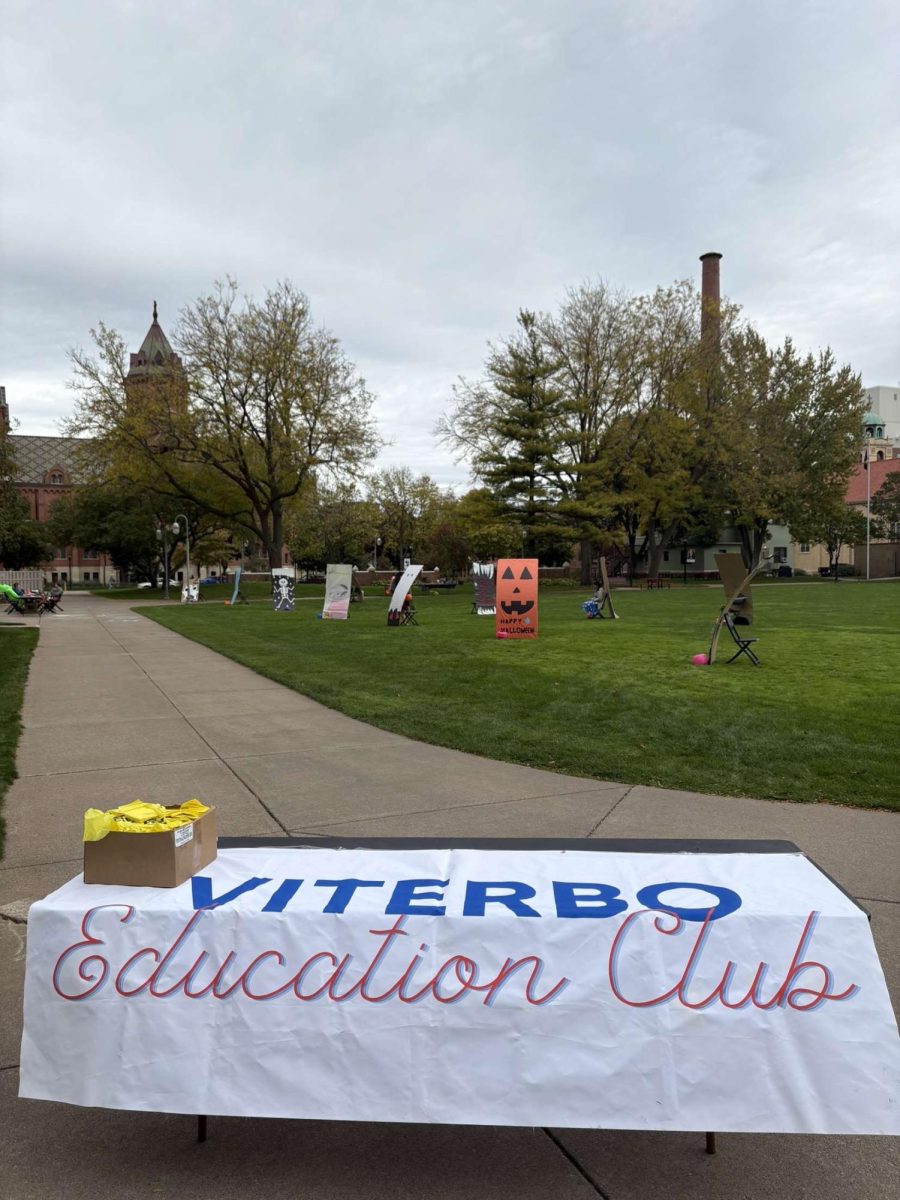Since 2021 Viterbo University underwent an accreditation process for its engineering program. The Accreditation Board for Engineering and Technology, or ABET, officially approved accreditation this August. The ABET also permitted Viterbo with retroactive accreditation dating back to the fall semester of 2021. Students interested in the Engineering program are able to pursue a minor in addition to the major itself.
ABET describes itself as, “a nonprofit, non-governmental agency that accredits programs in applied and natural science, computing, engineering and engineering technology.” Because it operates as a separate entity, ABET has limits on what the organization can approve. “We provide specialized accreditation for post-secondary programs within degree-granting institutions already recognized by national or regional institutional accreditation agencies or national education authorities worldwide.”
Viterbo senior Eric Taylor is one of the students in the engineering program. Taylor says that accreditation “is a significant stride in developing the engineering program. It demonstrates the effort that is being put into students’ learning and their futures. It shows that you graduated from a program that has proven to provide students with a foundation that has prepared them to enter the work force.”
Establishing the program, ensuring it meets Viterbo’s standards, and applying for accreditation takes a lot of effort. “Ric and Emily have worked tirelessly to continuously improve the program and have been very open to feedback about how students believe that it could be improved for future students,” Taylor says. In the future, he hopes to see the expansion of the engineering lab as the program grows.
Faculty members are not alone in helping improve the program. One of the foundational aspects is collaborating with local businesses to provide future career opportunities and internships. “My internship experience has had a significant impact on me. It has shown me how to move outside of the academic setting and begin developing relationships with engineers in the work force,” Taylor states.
The collaboration also extends into the classroom. “Engineers from companies such as Trane and Mathy Construction have provided data for students to solve problems that pertain to real-life scenarios. My senior capstone group has had the opportunity to partner with Chart Industries to help find a solution to improve a process in their manufacturing plant. These are just a few examples of how the engineering program has helped establish meaningful connections in the area,” says Taylor.
This collaboration between Viterbo and local businesses led to a co-op program. It is described on Viterbo’s web site as “… an opportunity for students to choose to work at a co-op partner during the spring/summer or summer/fall semester of their junior or senior year.” What distinguishes this field opportunity from some of the others on campus is that it “… is a paid, in-field engineering experience during which the student works at least part-time during the academic semester and full-time during the summer. This opportunity allows students to expand their general engineering degree and work directly with professionals in their field of interest.”
The ABET accreditation shows that Viterbo’s program prepares its students with a successful foundation upon entering the workforce. The collaboration between local businesses for internships and real-world data allow the students to gain firsthand experience before they graduate. Accolades aside, Taylor says it’s about the faculty: “I cannot stress enough how privileged students are to have teachers that truly care about students’ learning and are willing to go above and beyond to help you succeed. I think that is what sets it apart.”
